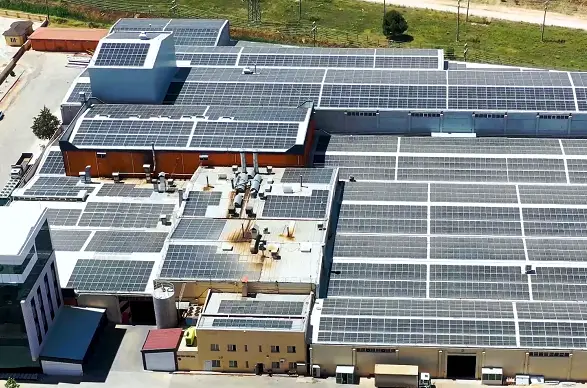

Green energy refers to energy types obtained from renewable sources that cause minimal harm to the environment. These sources include solar energy, wind energy, hydroelectric power, biomass energy, and geothermal energy.
Green energy reduces environmental impacts. Unlike fossil fuels, green energy sources do not release carbon dioxide or other harmful gases into the atmosphere, which helps decrease air pollution and greenhouse gas emissions.
Naturally renewable and inexhaustible, sources like solar and wind energy are continuously available, enhancing energy security and ensuring long-term sustainability.
Technological advancements improve efficiency. Developments in technologies such as solar panels, wind turbines, and energy storage solutions make green energy more effective and cost-efficient.
Provides economic benefits. Green energy projects create local employment opportunities and can lower energy costs, while also reducing dependence on fossil fuel imports.
Positively impacts public health. Reducing air pollution can lower the risk of respiratory and cardiovascular diseases. Additionally, green energy projects provide social benefits, improve energy access, and enhance living standards.